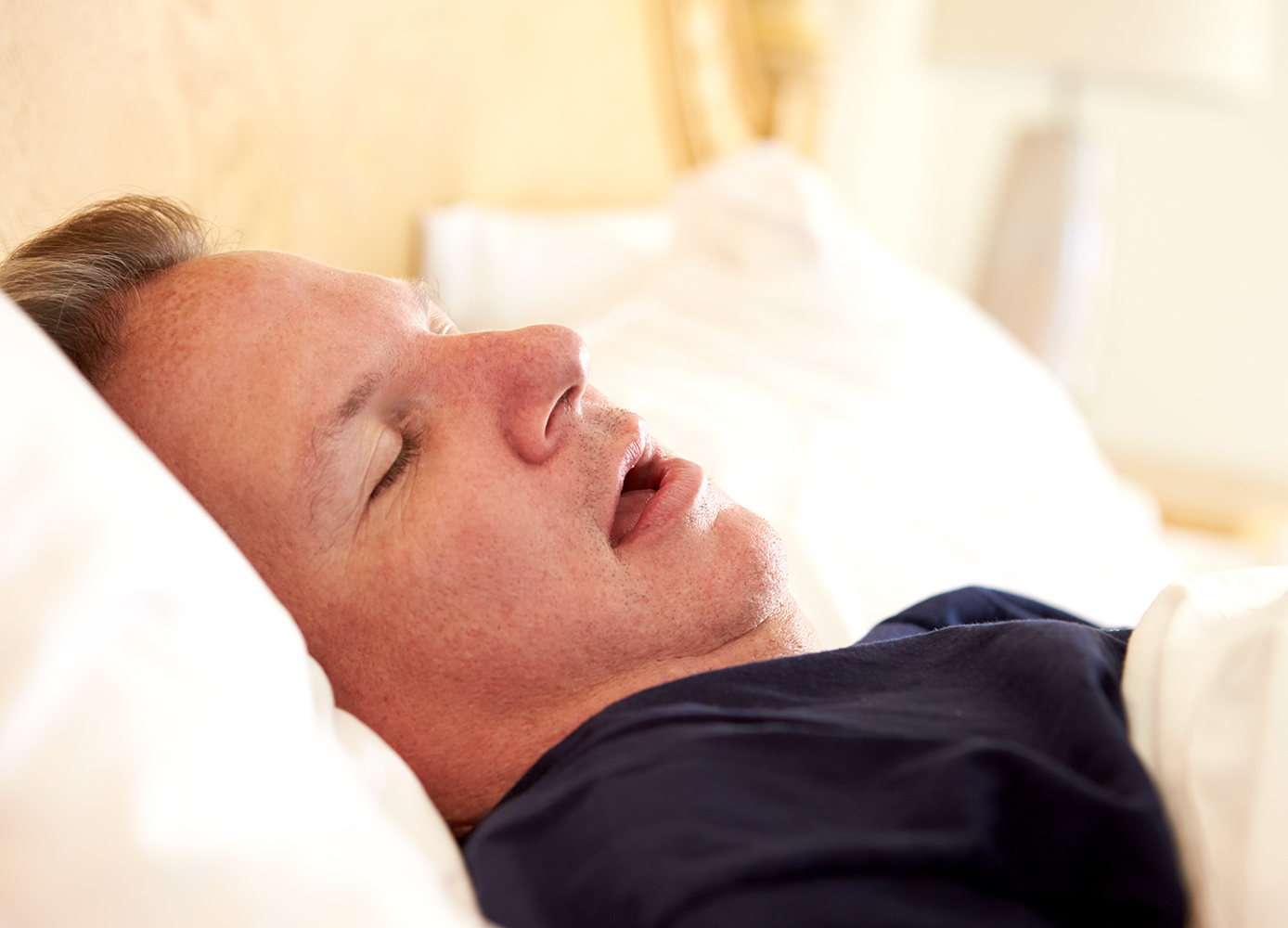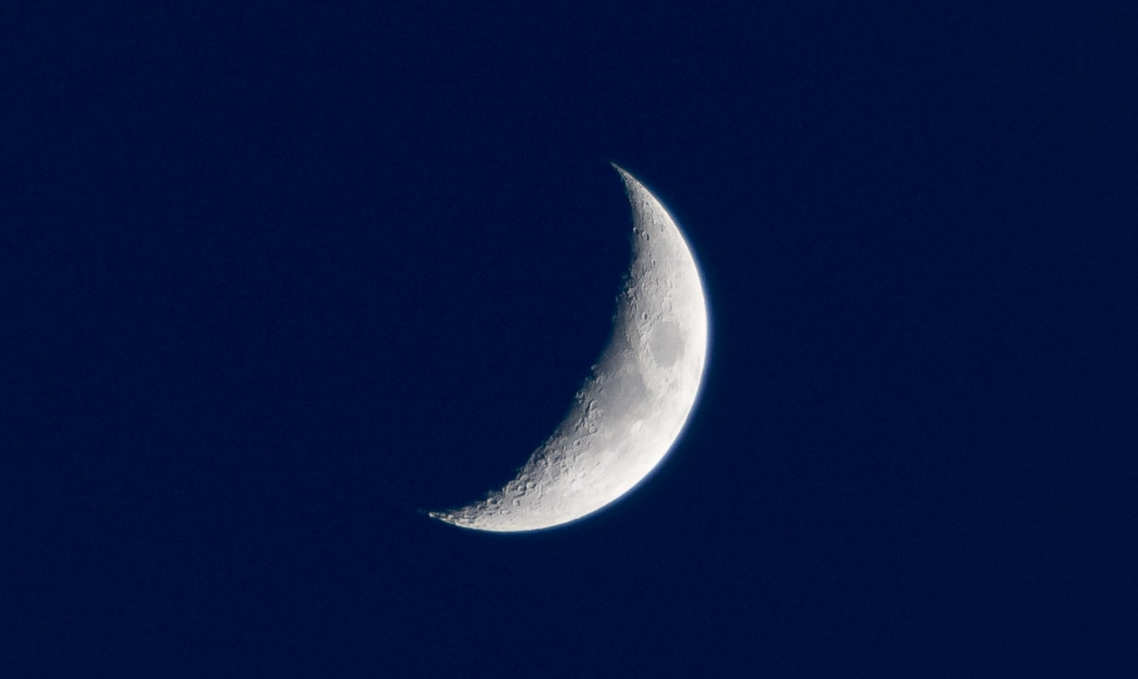Experts thought poor sleep caused obesity—it seems to be the other way around
Studies analyzing the link between obesity and sleep deprivation have theorized that poor sleep disrupts the appetite, making you hungrier and more likely to eat, but a US study now suggests that it’s obesity that causes sleep problems.
Working with microscopic worms called Caenorhabditis elegans, researchers at the University of Pennsylvania School of Medicine found that when they blocked the neurons that cause sleep, they observed a drop in levels of an organic compound called adenosine triphosphate, a sign that the body is attempting to conserve energy.
“That suggests that sleep is an attempt to conserve energy; it’s not actually causing the loss of energy,” explained lead-author Dr. David Raizen, an associate professor of neurology at the university.
“We think that sleep is a function of the body trying to conserve energy in a setting where energetic levels are going down. Our findings suggest that if you were to fast for a day, we would predict you might get sleepy because your energetic stores would be depleted.”
With this theory in mind, researchers then modified the sleepless worms so that their stores of fat could be released. They found the worms became able to sleep again, showing it’s an excess of stored fat that most likely prompts sleeping problems.
Past research into humans has shown those who get less than six hours of sleep a night are more likely to be obsese or have diabetes. Sleep disruption is also known to cause insulin resistance and an increase in appetite.
“There is a common, overarching sentiment in the sleep field that sleep is all about the brain, or the nerve cells, and our work suggests that this isn’t necessarily true,” Raizen said. “There could be a signaling problem between the fat stores and the brain cells that control sleep.”
The study results were published in the journal PLOS Biology.






